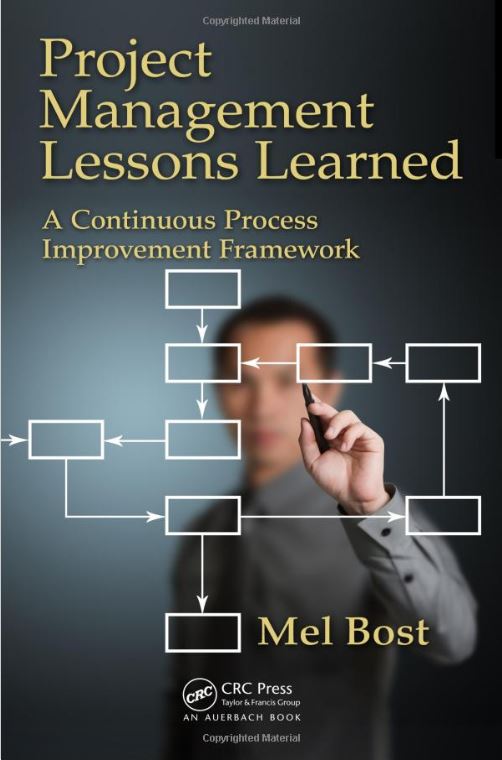As most of my readers know, for the past twenty years I have been actively involved in defining project practices and in leading project teams to successful completion of projects. I have learned a great deal through direct experience, feedback from other project managers, and from benchmarking my own organization’s practices versus those of others.

But I never cease to be amazed at the sensitivities that are inherent in the project process, and the insights that can be gained by listening to the feedback of experienced, in the trenches, project managers.
This post is about one of those rare sensitivities that can really “leverage” your energy and activity of your project team at critical times in your project.
Most project management training deals with what I term “steady state” operations or projects that have a daily activity that is very predictable and routine. New project managers are often introduced to a life cycle for projects that, in its simplest form, can take on four phases:
- Initiation
- Planning
- Execution, and
- Close
What project managers can and should do in this typical life cycle to maximize the success of their projects if often the “stuff” of Project Gurus who write and direct the activities of many followers each day. But, in some recent interactions with some very experienced project managers, and, based upon a specific example from my own experience, I have learned a new lesson….one that deals with assessing exactly what point your project has attained in its “life cycle,” and then realizing that “dynamics” versus “statics” is the name of the game in managing real projects to successful completion.
In my own experience, my wife and I just moved from Oklahoma to Arizona. Although we had moved a number of times in the past as a result of corporate job changes, this was a move we initiated on our own to return to Arizona, where we had previously lived for about five years, ending about twelve years ago.
When we lived in Oklahoma, we had weekly trash service offered by the City. The expectation was that each Wednesday morning a trash bin would be placed at the street with the trash generated in the household the previous week. We could usually determine how much trash would be in the bin each Wednesday and whether we would need to place a black trash bag by the side of the bin some weeks. This was allowable by City rules. During normal weeks with regular family activity, we could estimate whether we would have one bin, or a bin plus extra bag at the curbside.
But the move to Arizona, with its accompanying myriad of unopened moving boxes, introduced a new wrinkle in trash planning. We still had the same size City trash bin which was picked up once a week. But the fact that we were at a different part of our standard family life cycle introduced uncertainties into the weekly trash pickup scenario. Each week after the move introduced new variables into the equation…how many boxes had we tackled, what was the content of the boxes, what decisions did we make each week regarding keeping versus discarding the materials, etc.
Trash pickup became more of a “trial and error” scenario. Planning was haphazard, and often not effective. We had fallen in a point of the household life cycle that was dependent on our choices about unpacking and dealing with the moved goods.
Now, it may be obvious to you at this point that “projects” can be the same way. Understanding at what point in the “life cycle” your project resides can be helpful to understanding and planning energy and activity levels for key project personnel.
During early stages of a project, it may be necessary to expend more energy and activity to provide direction to the project. Personnel or HR issues, along with budget concerns, may require you as the project manager to allocated more resources and expend more energy for clear direction.
Your success as a project manager will depend on your ability to see and act on life cycle position. This is a subtlety and a sensitivity to real project work that most project managers don’t see until it hits them in the face.
Expend your energy where it can be “leveraged” to create the most value for your project. Use this experience to plan your future projects and see how they flourish.
Now go tackle those projects with renewed understanding and insight.

Leave a Reply